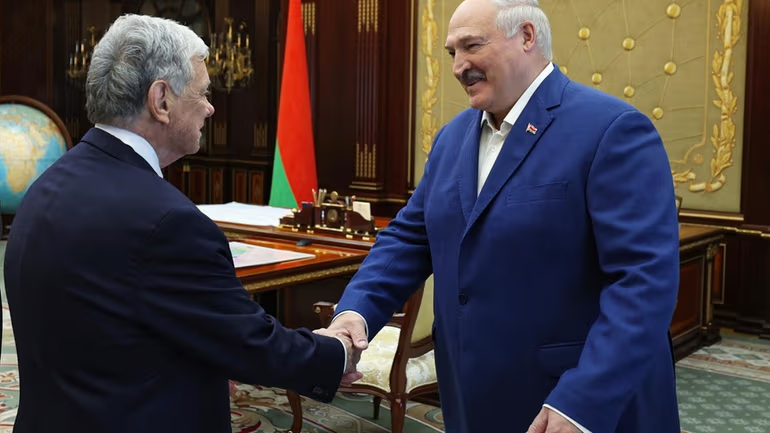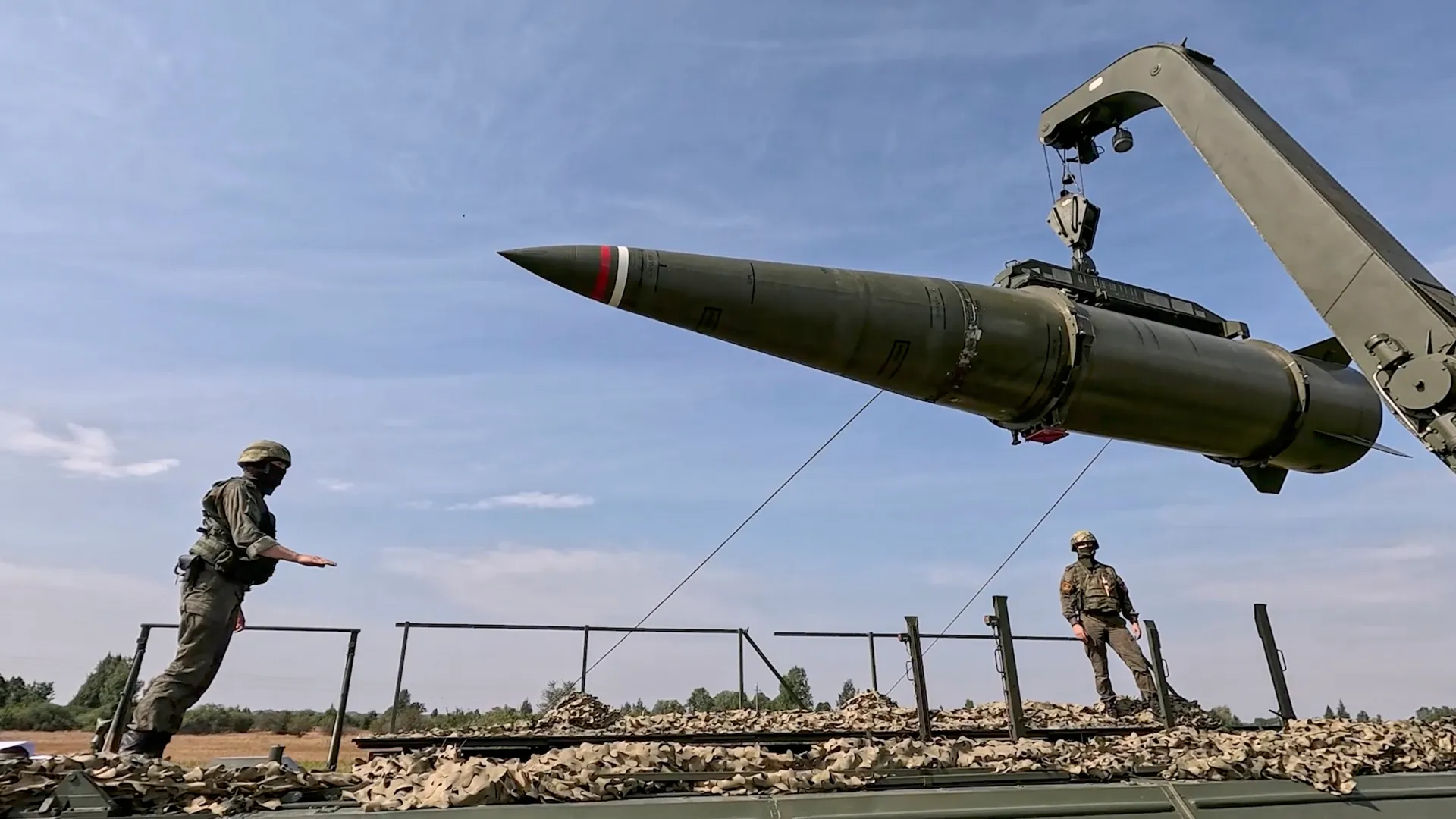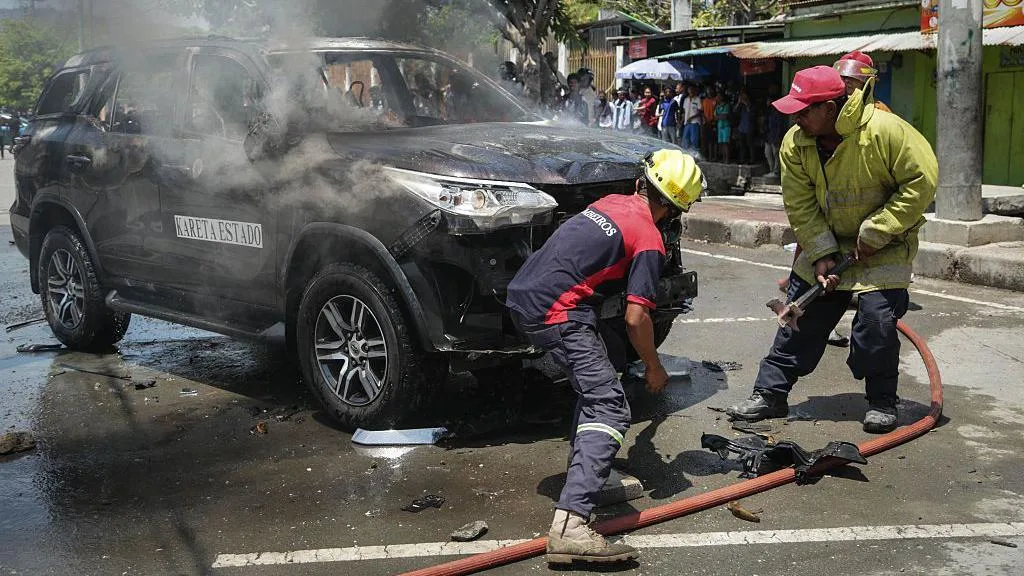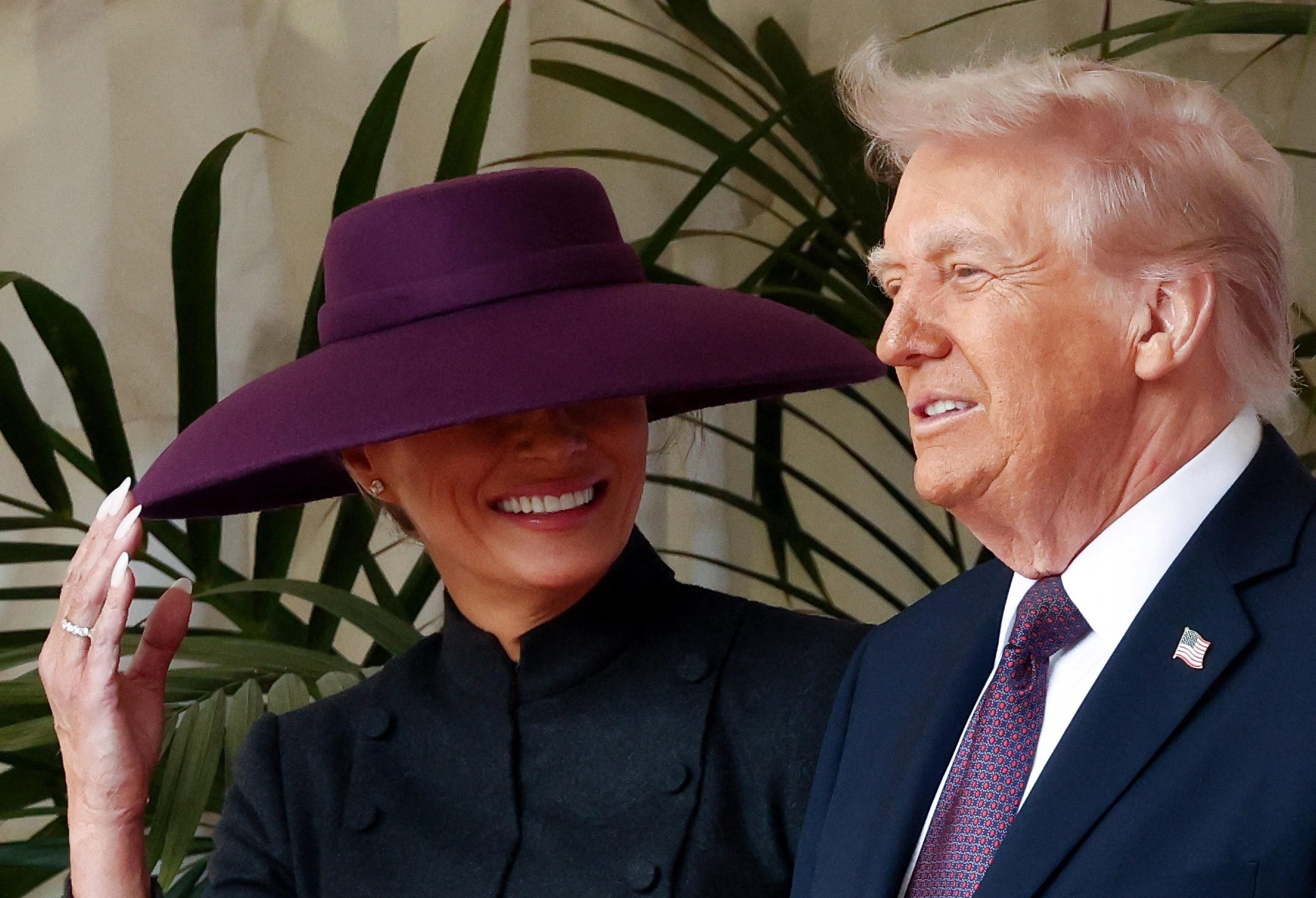In a significant yet controversial move, Belarus has pardoned 25 prisoners, including 12 women and 13 men, convicted on charges of extremism. This decision, announced on September 16, 2025, comes less than a week after the release of 52 political prisoners, marking one of the largest such actions under President Alexander Lukashenko’s regime.
The pardons are seen as a response to diplomatic pressure from the United States, particularly following an appeal by former President Donald Trump, who had called for the release of up to 1,400 detainees. While the move has been welcomed by some, it raises questions about the nature of Belarus’s commitment to genuine political reform.
The Context of Belarus’s Political Repression
Belarus has long been criticized for its authoritarian governance and suppression of dissent. Since the disputed 2020 presidential election, which saw President Lukashenko claim a sixth term amid widespread allegations of fraud, the country has experienced a severe crackdown on opposition figures, activists, and journalists.
Human rights organizations, such as Viasna, report that over 1,000 individuals remain imprisoned on politically motivated charges. The recent pardons, while a step toward easing tensions, do not signify an end to the systemic repression that characterizes the Belarusian political landscape.
The Role of the United States in Facilitating the Pardons
The release of the 25 prisoners is part of a broader diplomatic effort by the United States to engage with Belarus and encourage reforms. Following the earlier release of 52 political prisoners, the U.S. agreed to ease certain sanctions on Belarus, including lifting restrictions on the national airline, Belavia. This sanction relief was contingent upon the release of political detainees, signaling a transactional approach to diplomacy. While some view this as a pragmatic step toward improving relations, others argue that it may embolden the Lukashenko regime without leading to meaningful change.
Human Rights Concerns and Forced Deportations
Despite the pardons, human rights organizations express concern over the continued repression in Belarus. Opposition leader Sviatlana Tsikhanouskaya has criticized the releases as “forced deportations,” noting that many of the freed individuals were compelled to leave the country upon their release. This practice raises questions about the authenticity of the government’s commitment to political reform and the safety of those who remain in Belarus.
The International Response
The international community has responded cautiously to Belarus’s recent actions. While the release of prisoners has been welcomed by some Western nations, there is skepticism about the long-term impact on human rights and democratic reforms in Belarus. The European Union and other international bodies continue to monitor the situation closely, emphasizing the need for sustained pressure on the Belarusian government to ensure that the recent pardons are not merely symbolic gestures.
Conclusion
The pardon of 25 prisoners by Belarus under U.S. pressure represents a complex intersection of diplomacy, human rights, and political strategy. While the move may offer a glimmer of hope for those released, it does not signal a fundamental shift in the authoritarian practices that have defined President Lukashenko’s rule. The international community must remain vigilant, ensuring that any progress is not merely superficial but leads to genuine reforms that uphold the rights and freedoms of all Belarusians.
FAQs
What led to the release of 25 prisoners in Belarus?
The release was a response to diplomatic pressure from the United States, following an appeal by former President Donald Trump for the release of political detainees.
Who were the individuals released?
The pardoned individuals included 12 women and 13 men convicted on charges of extremism, many of whom had been involved in protests against the 2020 presidential election results.
Does this signify a change in Belarus’s political climate?
While the pardons are a positive development, they do not indicate a fundamental shift in the authoritarian practices of President Lukashenko’s regime.
What is the international community’s response?
The international community has welcomed the releases but remains cautious, emphasizing the need for sustained pressure to ensure genuine political reforms in Belarus.
Are there still political prisoners in Belarus?
Yes, human rights organizations report that over 1,000 individuals remain imprisoned on politically motivated charges in Belarus.











